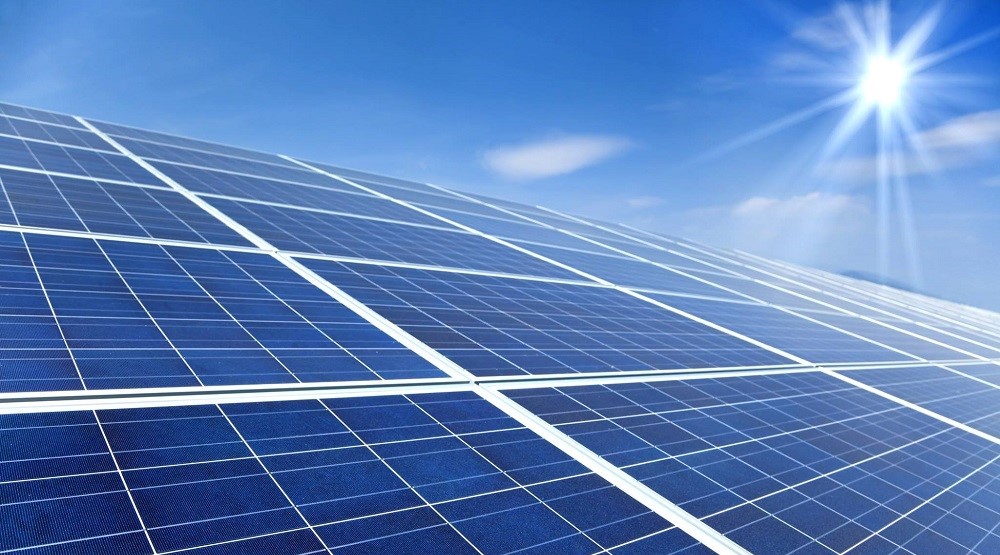
· Solar power funding in the US brings many economic benefits to the country. This is through the use of federal and state policies in the country.
· The solar power industry provides many sources of employment. This helps to grow the communities in the region.
President Joe Biden is making moves to convert the US economy to renewable energy. These sources include wind and solar energy. The use of electric vehicles has also pushed the US citizens to more purchases. These moves reduce the emissions of greenhouse gas emissions. The Biden administration has announced $450 million available for solar farms. All these attempts are towards achieving the set goals of clean energy by the year 2030. More bonuses will incentivize more clean energy investment in energy communities. This will help to reduce the use of fossil fuels and reliance on imported energy.
Spool insulators are part of the power line insulators used on the overhead lines. They are a type of insulator used on the low voltage power lines. Spool insulators protect the conductors on the poles from excess current. Insulators are from materials that prevent passage of voltage to the unwanted areas. Spool insulators are from materials like porcelain, glass and polymer. These materials make them applicable in different weather environments. The spool insulators ensure the electric current passes through the main lines.
Economic benefits of investing in solar energy in the US
Investments in solar power brings a range of economic benefits to local communities. This is through creating jobs, reducing energy costs, and promoting energy independency. Solar energy also creates a more sustainable and prosperous future for all Americans. Spool insulators work in transmission and distribution lines for transfer of electricity. They install on tension rods or angle poles to support the conductors. The various economic benefit of the investments in solar power re as follows:
1. Increased tax revenues
The solar energy projects generate tax revenues for local and state governments. This is through property taxes and other fees. They also fund public services and infrastructure. Funded infrastructure which help to create new jobs and stimulate economic growth.
2. Job creation
The solar power industry is a major source of job creation in the US. The solar energy jobs are growing at a faster rate than the economy. Investing in solar power infrastructure creates new jobs. These opportunities include manufacturing, installation and maintenance.
3. Energy independence
Solar energy can help reduce the US’s dependence on foreign oil and other energy sources. Energy independence create a more stable and secure energy system. This support the economic growth. Spool insulators work with other fittings such as bolts, nuts, washers and pole bands. These fittings ensure a safe and secure connection. It helps prevent loose connections on the overhead lines.

4. Reduced energy costs
Solar power is cost competitive with traditional fossil fuels. This helps reduce energy costs for consumers. Investing in solar energy increases the competition for fossil fuels. This frees up money for other consumers spending and help to stimulate the growth of the economy.
5. Economic development
The investment in solar power infrastructure help to shoot economic development. Solar projects provide a new sources of revenue for a rural community. This helps revitalize a former industrial site.
The role of federal and state policies in the growth of solar power in the US
The use of policies in the solar power is a critical part of the energy mix of the US. The policies create a supportive environment for the growth of the solar industry. As the polices continue to grow and adapt to changing market conditions, the solar energy industry will grow and contribute to the a more sustainable and prosperous future. Spool insulators protect the conductors from lightning strikes and surges in electric current. These policies include:
· Federal tax credits
For home owners and businesses that install the solar energy systems.
· State renewable energy
Mandates that need a certain percentage of the state’s energy to come from renewable energy.
· Net metering
Allows the homeowners and businesses to earn credit for excess solar energy.
· Property tax exemptions for solar energy systems.
· Federal research and development funding